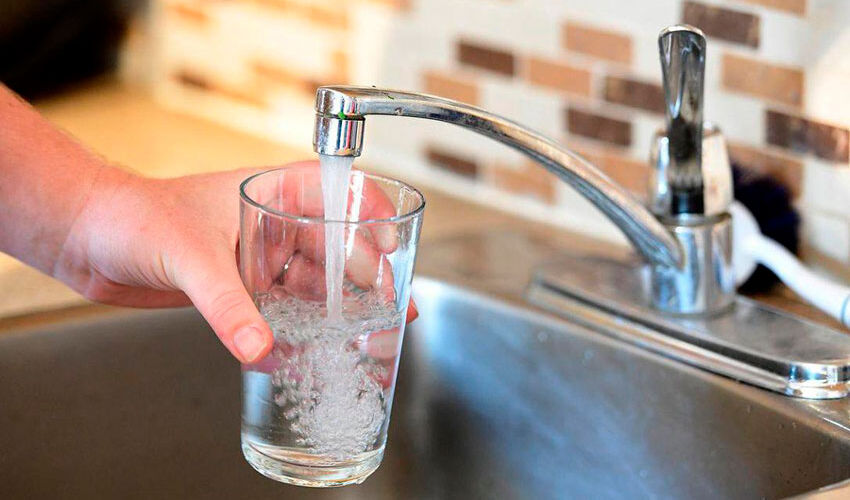
This provides for new measures to ensure the quality of drinking water, approved by the Cabinet of Ministers at a meeting on September 10. According to the document, containers, pipes and all other materials and substances in direct contact with drinking water will be checked for sanitary compliance. Until now, such control was not mandatory, which could potentially have a negative impact on the quality of drinking water.
In order to protect public health and ensure better water quality, the document establishes sanitary standards for all materials and substances in direct contact with water, such as plastic, paper and cardboard, ceramics and glass, wood and rubber, wax and silicone, metals and alloys.
Due to these new requirements, ANSP laboratories will be equipped with state-of-the-art equipment and technology for water quality testing.
The application of these measures is intended to help reduce the risks of water pollution, reduce the number of diseases due to poor water quality. In addition, the regulation will contribute to ensuring equal access to clean and safe water, especially for rural residents.
This spring, a document was approved to reduce water pollution to less than 25% by 2030 – for chemical indicators, and less than 10% – for microbiological indicators. It is also planned to equip 100% of water supply systems with modern disinfection equipment.













